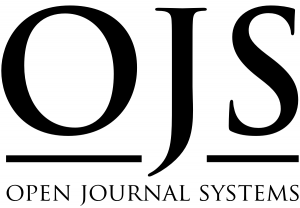Analisis Efektivitas Kebijakan Zakat Sebagai Pengurang Penghasilan Kena Pajak
Abstract
Indonesia with a Muslim majority population is burdened with two double obligations, namely taxes and zakat. So that as a good Muslim, an individual will pay zakat according to it’s terms and conditions, while as a good citizen, an individual also pays taxes according to the provisions. With the double tax, the government is trying to alleviate the double obligations borne by its people by issuing a zakat policy that can reduce taxable income This study aims to know the implementation and effectiveness of the zakat policy as a deduction from taxable income applied in the BAZNAS of Balikpapan City. The research method used is qualitative conducted in BAZNAS of Balikpapan City. Data collection methods used, namely observation, interviews and documentation. While the method of data analysis uses the Miles model and Huberman which consists of three steps, namely data reduction, data presentation and conclusion drawing. The results showed that the zakat policy as a deduction from Taxable Income has been applied in the BAZNAS of Balikpapan City, as evidenced by the Evidence of Zakat Payment which has been adjusted to the Director General of Taxes Regulation Number PER-33 / PJ / 2011, so that it can be used as valid proof of cutting income Tax (PKP). However, the Zakat Policy as a deduction for PKP in Balikpapan's BAZNAS has not been effectively implemented, this is evidenced by the large number of Muzakki who do not implement this policy due to the lack of information received by muzakki.









